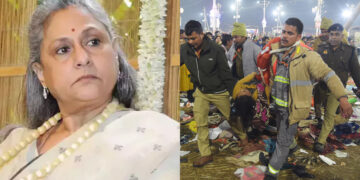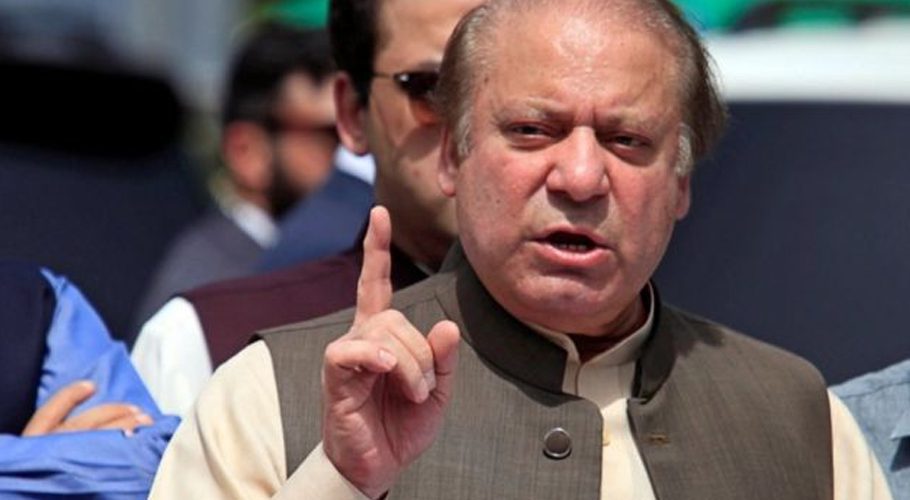![]() Follow Us on Google News
Follow Us on Google News
LONDON: British-Pakistani civil rights campaigner Shaista Gohir has been appointed to the House of Lords as a non-party political peer.
Gohir said she was ‘still pinching herself’ after the news broke of her elevation to the House of Lords. Her title will be the Baroness of Hall Green, reflecting her close connection to the area in Birmingham where her charity Muslim Women’s Network UK is based.
Shaista Gohir’s parents hailed from Daultalla, Tehsil Gujarkhan in District Rawalpindi and moved to England in the early 1960s.
Gohir said she was inspired to become an activist when she had three children aged under four and saw lots of women like her in Birmingham facing huge challenges and inequality.
Her work has led to her being recommended for a life peerage by the independent House of Lords Appointments Commission following an application and interview process, with the move approved by the Prime Minister and the Queen.
In 2004, Gohir started volunteering and became an active campaigner for women’s rights. She set up her own charity in Birmingham focusing on Muslim women. Her achievements have included setting up the national Muslim Women’s Network Helpline, a specialist faith and culturally sensitive helpline and counseling service.
Shaista has been recognized as one of the most influential Muslim women in Britain. Her achievements include successfully challenging the UK Foreign Office policy on charging repatriation fees to 16 and 17-year-old forced marriage victims.
She also conducted ground-breaking research on sexual exploitation of Asian girls and contributed to the government’s Sharia Law Review with her research on Muslim marriage and divorce.
Her report on Muslim women’s experience of the criminal justice system shed light on the justice gap faced by victims of abuse. She also recently founded the Nisa Global Foundation, which will help women and girls in developing countries.
Shaista has already been awarded the MBE for services to Muslim People and to Community Relations and OBE for Gender Equality and Women’s Rights.
Shiasta said she had been encouraged to apply for the peerage after leading workshops to get more women to apply to become councillors, MPs and board members until she realised she needed to heed her own advice and try to share the experiences of Muslim women more widely.






























